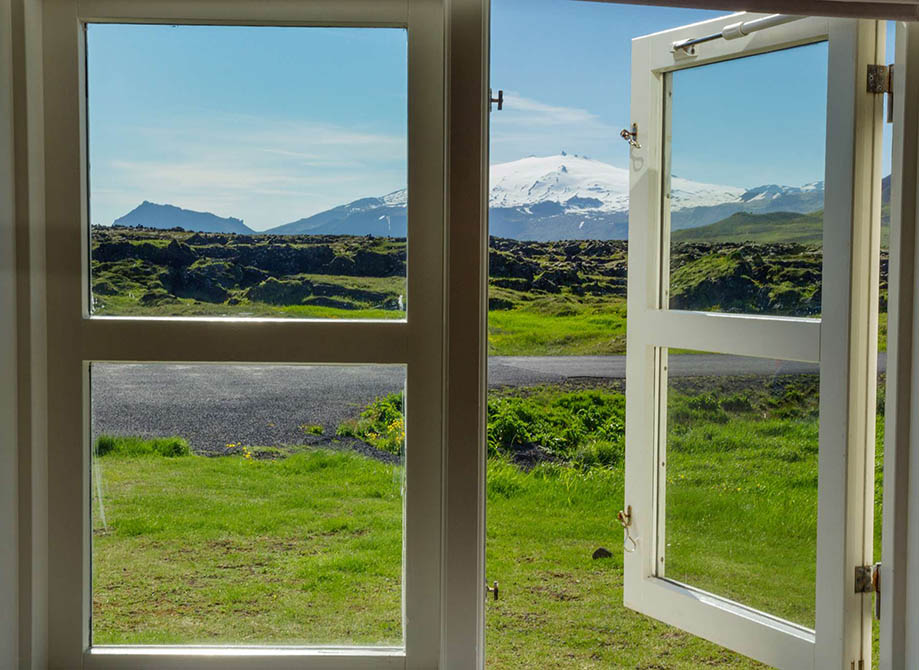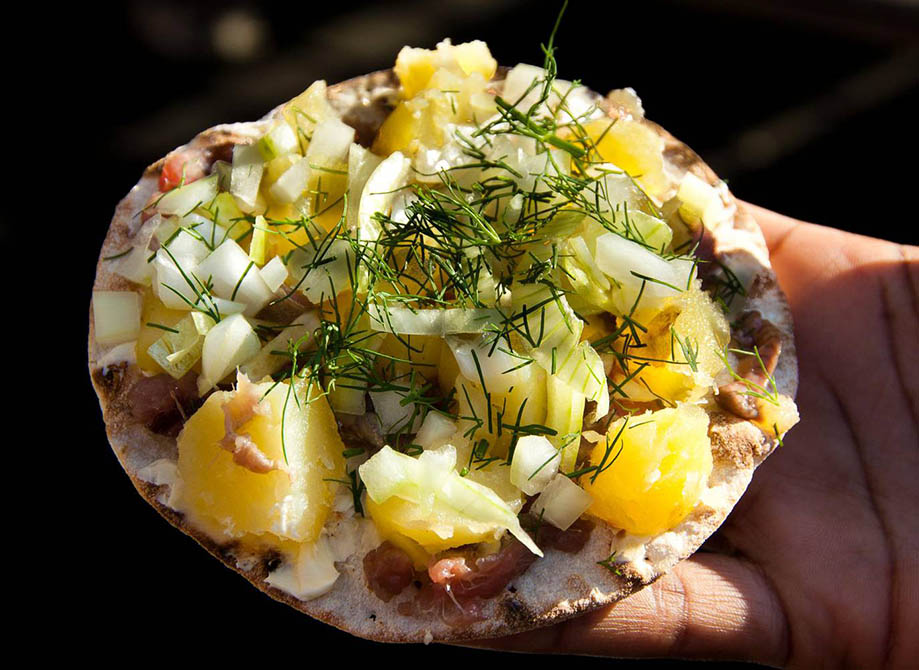
Surrounded by the majestic beauty of the North Atlantic Ocean, Iceland is a land of dramatic contrasts and fascinating wonder. The Nordic island nation captivates visitors with its ethereal landscapes – from gigantic glaciers stretching to the horizon to bubbling geothermal springs nestled in rugged terrain. Every corner of this magnificent country whispers, telling the eternal story of the earth’s indomitable creativity.
Iceland is truly paradise for those who crave the raw power and charm of nature. One of the country’s greatest glory is its chance to witness the Northern Lights, a natural light show that paints the sky in breathtaking hues, creating an otherworldly spectacle that is sure to be etched in your memory. But the charm of nature does not stop there. Dotted with towering volcanoes, cascading waterfalls, vast lava fields and tranquil fjords, the Icelandic landscape always invites you to explore its wide-open spaces and pristine wilderness.
As a remnant of the ancient Viking age, Iceland has a rich cultural heritage. The country’s history is a compelling blend of Viking legend, resilience and exploration, deeply woven into the national identity. Residents are the proud descendants of these Viking settlers, and their lives are shaped by a deep sense of community, hard work, and harmony with their surroundings.
Marked by its geography and cultural background, Icelandic cuisine is a unique exploration of flavours. Traditional dishes mainly consist of locally sourced seafood, lamb and dairy, often prepared with a minimalist approach that allows the quality of the ingredients to shine through. From enjoying freshly caught Arctic char to savoring traditional fermented shark, your taste buds will be in for a unique experience.
Visiting Iceland is more than a journey through extraordinary landscapes; it’s an immersive experience of a unique culture, rich history and deep respect for nature that leaves a lasting imprint on your soul.
Where to stay

As Iceland’s popularity has grown, so has the number of accommodation options available to travelers. Iceland now offers a wide variety of accommodation through the country, though Reykjavik still has the most options. On the budget end, prices start at around $30-50 per night for a dorm bed in a hostel. A one-bedroom Airbnb or double room in a guesthouse is typically $100-$150 per night. Check both Airbnb and HotelsCombined to see the cheapest prices across major booking sites for homestays, hostels, and hotels.
In Reykjavik, the no-frills Guesthouse Sunna goes for around $100 per night and offers small kitchenettes, a free breakfast, and a great location near Hallgrimskirkja church. Worth a splurge at around $250 per night, the Kvosin Hotel and Room with a View both offer stylish, modern rooms with kitchens and excellent city views in the heart of downtown.
Outside the city, you’ll find a range of hotels, lodges, Airbnbs, farmstays, guesthouses, b&bs, and cabins ranging from $100-$300 per night. Airbnb and Hey Iceland list apartments, cabins, guesthouses, and farm stays around the country.
When are we leaving

The timing of your visit can greatly affect your spending. Prices increase during high season (June-August) due to a surge in tourist numbers. Traveling during the low season (April, May, September and October) can result in cheaper flights and accommodation. Despite cooler temperatures and fewer crowds, you’ll still experience Iceland’s breathtaking beauty.
How to get around Iceland
Renting a car is the best way to get around Iceland, giving you the flexibility to explore at your own pace. Carpool with other travelers to split the cost. Be sure to book your vehicle well in advance to ensure you get the best price. Public buses are another affordable option, although routes may be limited and less frequent outside of summer.
What to do in Iceland

Many of Iceland’s natural wonders are free to visit. Marvel at the mighty Gullfoss waterfall, explore the geothermal area of Geysir, or take a free hike in the Skaftafell Nature Reserve. For budget-friendly travel, consider combining several activities on a day trip. Many operators offer group tours to the Golden Circle or the South Coast, often including transportation and a guide.
Safety
Iceland is known as one of the safest countries in the world, but caution must be exercised when interacting with the natural environment. Always follow safety guidelines, especially when hiking or driving in remote areas.
Packing for Iceland

Clever packaging saves you from buying extra. Iceland’s weather can be unpredictable, so pack layers, a waterproof jacket, comfortable walking shoes, and warm accessories. Don’t forget about essentials such as reusable water bottles (tap water in Iceland is both safe and delicious), sunscreen, and a good camera for capturing Iceland’s amazing landscapes.
Given the country’s reputation for being expensive, it’s entirely possible to experience the splendor of this spectacular Nordic island on a budget with a savvy approach and careful planning. The key to a successful budget trip is balance—knowing when to save and when to splurge. From knowing the best time to visit and understanding the local transportation system, to choosing affordable accommodations and activities, there are plenty of ways to tone down the overall experience without cutting corners. Iceland’s beauty – thundering waterfalls, mighty glaciers, geothermal wonders and the magical aurora – is priceless and every intrepid traveler should have the opportunity to experience it for themselves. Let’s embark on a budget journey through the land of the Vikings.


